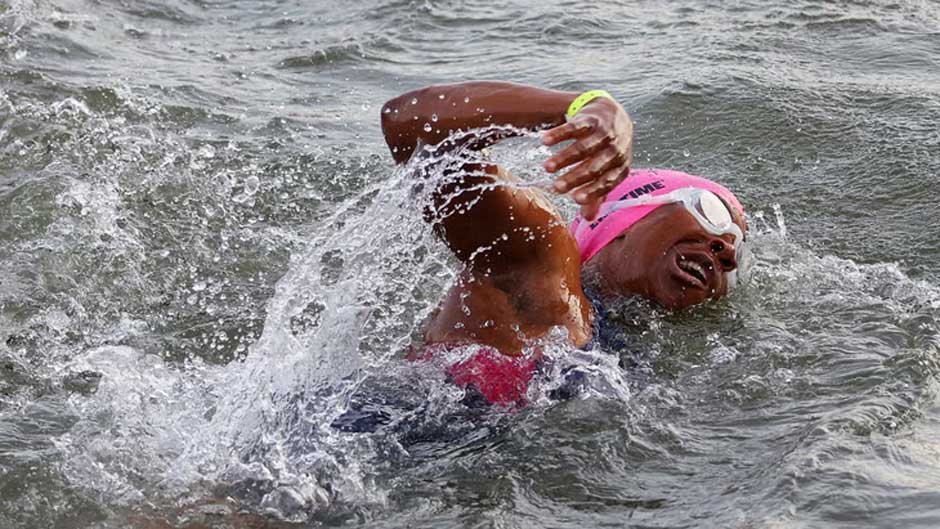Embarking on your first triathlon is both an exciting and daunting experience. With three disciplines to master—swim, bike, run—there’s a lot to juggle, and even the fittest newcomers can fall into common traps. To help you hit the ground running (and swimming and cycling), here are the top 10 mistakes first-time triathletes make—and how you can avoid them.
Neglecting Proper Training Balance
Many first-timers favour one discipline—usually the one they’re most comfortable with—while giving less attention to their weakest area. This creates imbalances in performance and confidence. Work with a structured training plan that targets all three disciplines equally. Identify your weakest leg early on and give it a little extra focus without neglecting the others.
Overtraining and Ignoring Rest Days
The excitement of training for a triathlon can lead to overexertion. Some athletes push too hard, too soon, risking injury and burnout. Listen to your body. Incorporate regular rest and recovery days, and don’t ignore signs of fatigue. Quality beats quantity.
Skipping Brick Workouts
Triathlon transitions are a test of muscle memory and mental focus. If you’ve never practised switching from bike to run, your legs might feel like concrete on race day. Include “brick” sessions in your training—bike then run back-to-back. These workouts help your body adjust and ease the shock of switching disciplines.
Underestimating Nutrition and Hydration
Fuel is everything. Many first-time triathletes underfuel or try new supplements on race day, leading to gastrointestinal issues or energy crashes. Practice your nutrition and hydration strategy during training. Stick with what works and avoid experimenting with new products on race day.
Poor Transition Planning
The transitions (T1 and T2) can cost valuable time if you’re not prepared. Fumbling with gear or forgetting essentials can throw off your momentum. Rehearse your transitions. Lay out your gear in a logical sequence and practise getting in and out efficiently. Some athletes even time themselves to improve.
Choosing the Wrong Gear
Wearing the wrong shoes, using a poorly fitted bike, or relying on a basic watch with limited functionality can impact your performance. Invest in the right equipment that suits your body and goals. Consider reading up on the best Garmin watch for triathlons to keep your training, pacing, and race day performance on track.
Not Training in Race Conditions
Training only indoors or on flat, windless roads won’t prepare you for the open water, hills, or unpredictable weather. Simulate race conditions. Practise open water swimming, cycle on varying terrain, and run in the gear you’ll wear on race day—even in wet or windy weather.
Starting Too Fast on Race Day
The adrenaline rush at the start of a race often causes first-timers to go out too hard, only to fade later. Pace yourself. Use a heart rate monitor or GPS watch to stay within your target zones. Trust your training and conserve energy for the full distance.
Forgetting Mental Preparation
Triathlons are as much a mental challenge as they are physical. Without mental strategies in place, nerves and doubts can creep in. Visualise your race, practise mindfulness or breathing techniques, and prepare for potential hiccups so you can adapt calmly on the day.
Not Enjoying the Experience
Many first-timers become so focused on performance that they forget to savour the moment. It’s a massive achievement! Smile for the cameras, cheer on your fellow athletes, and celebrate every milestone—whether you finish on the podium or simply cross the finish line.
Your first triathlon will be unforgettable
By avoiding these common mistakes, you’ll give yourself the best chance of finishing strong and enjoying the experience. Remember—it’s a journey, not just a race. Prepare well, race smart, and don’t forget to have fun out there.

